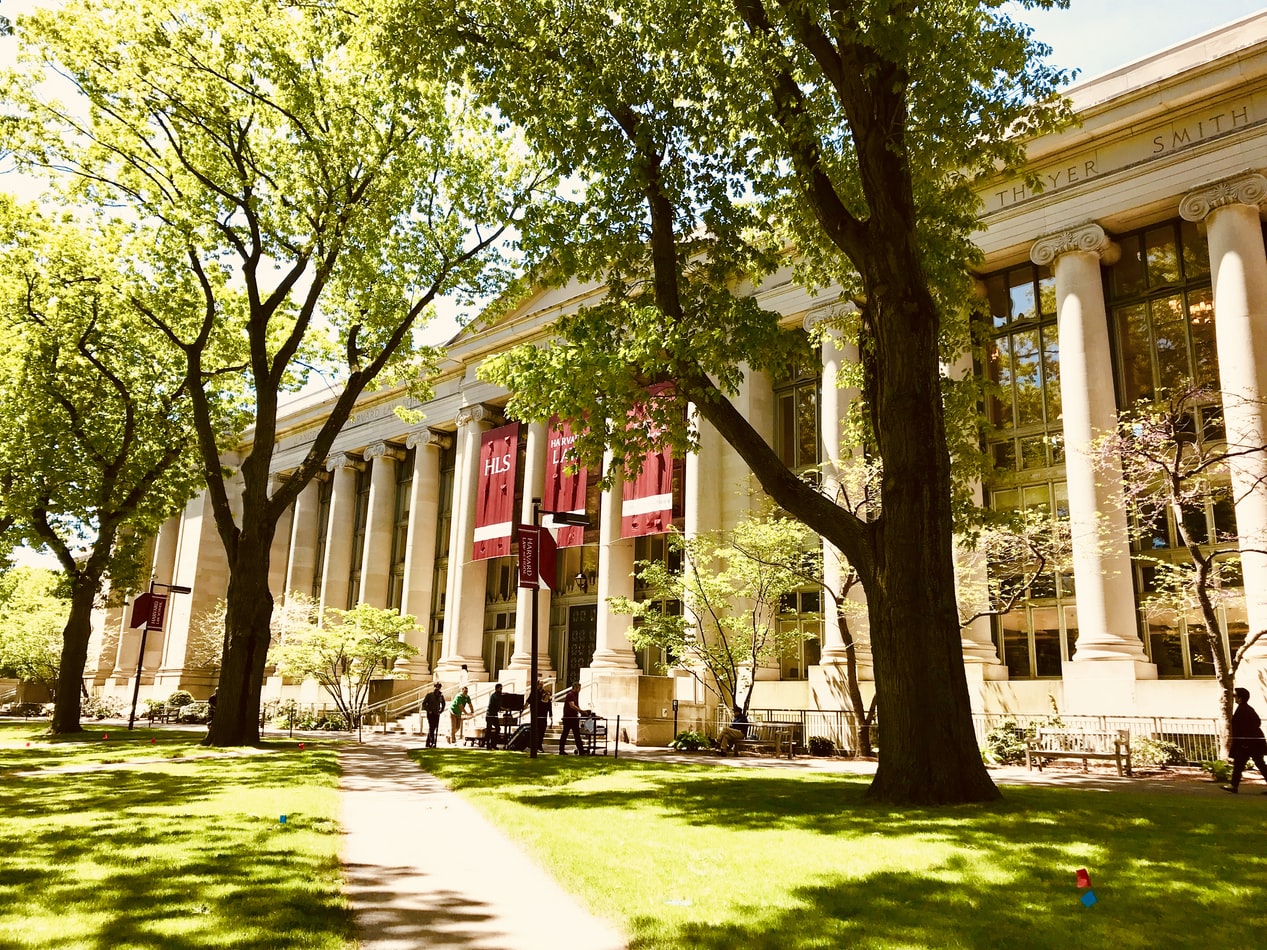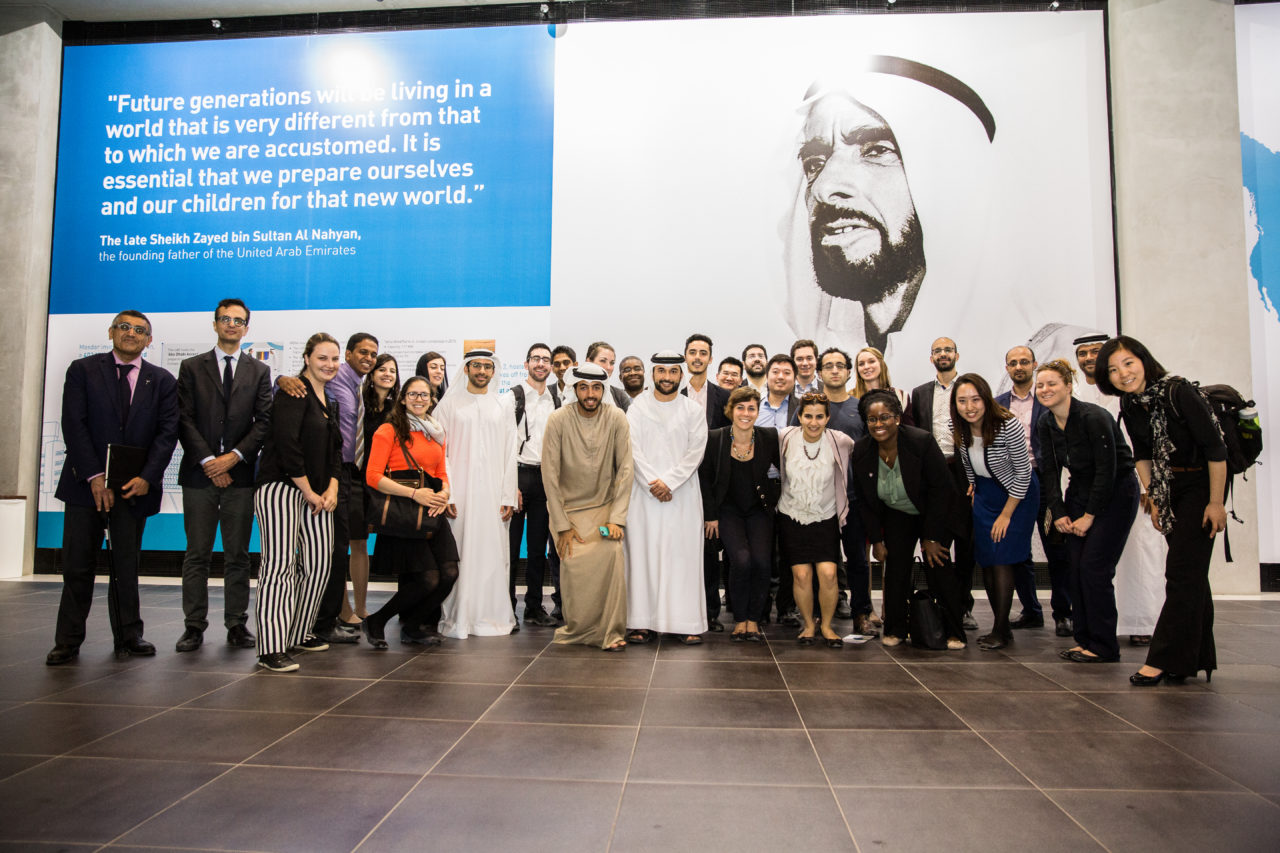In the wise words of the UAE’s founding father, Sheikh Zayed bin Sultan Al Nahyan, “Future generations will be living in a world that is very different from that to which we are accustomed. It is essential that we prepare ourselves and our children for that new world.”
With this vision in mind, the UAE has developed an academic partnership with Harvard University, the oldest university in the United States (US) and one of the most prestigious academic institutions in the world, with over 2,000 alumni in the UAE alone. Together, they have committed to creating educational exchanges between the UAE and the US that will help create a better future in the Middle East and around the globe.
Introducing the Emirates Leadership Initiative

In 2014, the UAE government teamed up with the Kennedy School to form the Emirates Leadership Initiative (ELI). This program was generously funded by the Crown Prince of Abu Dhabi, H.H.Sheikh Mohamed bin Zayed Al Nahyan, along with the HKS Center for Public Leadership (CPL) and the Belfer Center’s Middle East Initiative (MEI).
The Emirati gift was issued to better connect Harvard University to the broader Gulf, and to instill values of tolerance and acceptance within the future leaders of the Arab World. It also supported the HKS campaign, dedicated to raising funds for financial aid, campus renovations and major research projects.
As a CPL Board Member, Ambassador Yousef Al Otaiba hosted members of the HKS community at the ELI launch at the UAE Embassy in Washington, DC. During the ceremony, he delivered a powerful message on how students and faculty have the potential to help create a more secure and peaceful Middle East.
“Most of you here today are graduates and products of the Kennedy school. You know better than anyone that there is no one better at building the leaders, institutions, and systems that allow tolerant, open and progressive societies to succeed. Ten years from now, I hope that my successor can stand here in this same room and look out at an audience that includes many more public sector professionals from the UAE and the Middle East.”
Breaking Down the ELI Fellowship
For the next five years, ELI emphasized four key areas: innovative research, student fellowships, executive education, and field experience in the Emirates. Each focus area provides students with the tools and resources they need to promote good governance and take on the challenges of tomorrow.
ELI Research Program
The ELI research program consists of four academic initiatives: pre- and post-doctoral research fellowships, faculty research funding, student internship funding and senior fellowships. These initiatives are focused on helping students and faculty grow their professional career, conduct collaborative research and become a strong voice for Middle East interests at the Kennedy School.

Graduate Student Fellowships
Executive Education
Field Experience
ELI also organizes an annual field visit to the UAE every January. Each field trip is completely funded by ELI and gives students first-hand experience with Emirati heritage, culture and politics. It also gives them the chance to meet with notable leaders and policymakers to discuss pressing topics like sustainability and clean energy.
Since 2015, ELI students have traveled to the UAE and explored historic sites such as Al Watha Reserve and Masdar City, the world’s first zero-carbon and zero-waste city in Abu Dhabi. Participants have also been invited to attend transformational events such as the 2019 World Future Energy Summit in Abu Dhabi.
Expanding UAE-Harvard Relations
As part of the UAE’s ELI Fellowship, the Abu Dhabi School of Government (ADSG) hosted the HKS Leadership and Management Strategy Summit in 2019. During the four-day retreat, Harvard professors joined over 30 members of the Abu Dhabi government to discuss how to adapt public policy to meet the city’s future goals and needs.
That same year, the Harvard Undergraduate Global Education Movement (HGEM) organized the first-ever high school innovation challenge in Dubai. Formally known as the HGEM Innovation Challenge, the competition challenged participants to break into teams and address important regional issues like public health, education and sustainability.
In 2020, the HKS Belfer Center recognized the UAE as a global leader in philanthropic giving. The center also recently invited Ambassador Yousef Al Otaiba to join several events including a virtual discussion titled, “The Abraham Accords: A Pathway to Peace with Economic Prosperity.”
These joint projects have already made a lasting impact on the Harvard community, as well as the UAE-US alliance. As the partnership continues to evolve, the UAE is proud to have a hand in training the next generation of government leaders and ultimately building a stronger global connection.
View more on the UAE’s commitment to higher education and youth development.